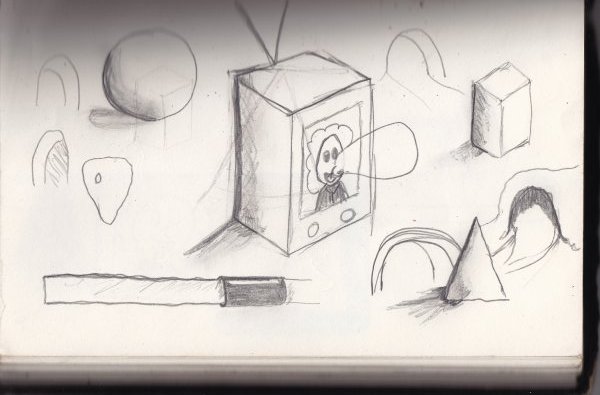
Vaccination is important to protect children from hepatitis and other liver diseases. (Photo Credit: Creative Commons).
Children can be very vulnerable to the hepatitis B virus (HBV), especially those infants and small children who do not show any symptoms of infection. Children and infants who are infected with HBV have a 90 percent chance of developing serious liver infections. Since signs are often subtle, recognizing the signs can be difficult. ADRLF has an HBV overview to help better protect your children from this silent but deadly disease:
Infection with hepatitis B can range from acute to chronic. During the first six months of infection, children experience an acute stage of illness; symptoms may be mild to severe requiring medical attention. While some children may fight off the infection during the acute stage, many succumb and the infection becomes chronic. When this happens, the hepatitis B virus begins to cause serious health problems.
What to look for
Older children may manifest symptoms of hepatitis that are similar to adults. These include frequent tiredness, appetite loss, pains in the muscles and joins, stomach aches and nausea. More serious signs are fever, discoloring of urine, and jaundiced (yellow color) skin and eyes.
What ways the infection can spread
Hepatitis B is spread through contact of infected blood and other body fluids. People who are infected but do not show any symptom are still carriers of the virus. Infants may get these from their infected mother, contaminated vaccine needles and contaminated food. Children can also acquire the virus by touching open wounds of a person with hepatitis, from using contaminated personal belongings such as toothbrush, utensils and glasses.
What ways to prevent infection
Parents can protect their newborns by giving them a hepatitis B vaccine even before they leave the hospital. In fact, the vaccine containing hepatitis B immune globulin (HBIG) is most effective when given within 12 hours of birth, especially if the mother has hepatitis. The second dose is usually given after 1 to 3 months, and the third when the child is 6 to 18 months old.
Older children who were not vaccinated as infants should be given the shots as soon as possible. HBV vaccines usually don’t have serious side effects other than arm sores and slight fever.
Ensure your child’s happy, healthy and hepatitis-free childhood. Vaccinate. Don’t hesitate.






























